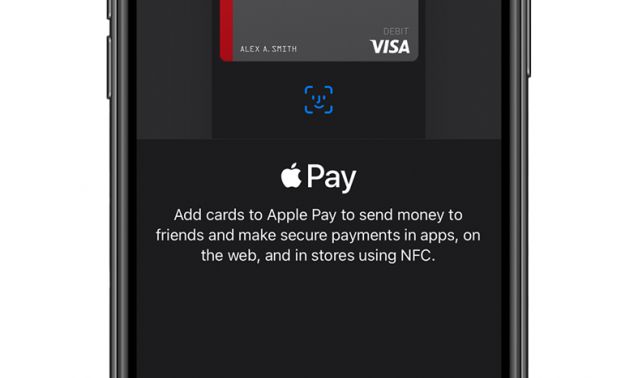How to Protect Yourself from AI Fraud
Share this article:

Artificial intelligence (AI) is revolutionizing the way we live and work. Unfortunately, it’s also revolutionizing the way scammers conduct fraud. Here’s what you need to know about AI fraud and how to protect yourself.
What is AI fraud?
AI fraud is the use of artificial intelligence to deceive or defraud individuals or organizations. When using AI to pull off a scam, fraudsters use algorithms to create convincing fake identities, manipulate social media, generate realistic fake images and videos (AKA “deepfakes”) and more.
The scammers then create fake social media profiles and email addresses using these false identities and footage. Often, they’ll pretend to represent celebrities for soliciting money and information. Similarly, they may create fake websites or emails that appear to be from legitimate sources, such as financial institutions or government agencies, and ask people to provide their personal information or login credentials.
AI fraud comes in several forms, including:
- Phishing
- ID theft
- Deepfakes
- Fake news
- Social engineering
- Chatbot scams
Red flags
Are you being targeted by AI fraud? Look out for these red flags:
- Multiple unsolicited emails and/or text message.
- Asked to provide personal info or login credentials by an unverified contact
- Unusual activity on your social media accounts
If you notice any of these signs, it’s important to investigate. If the contact claims to represent a government agency or financial institution, do not engage. Reach out to the agency that supposedly contacted you to see if the communication is legit.
Protect yourself
Here are a few ways you can protect yourself from potential AI scams:
- Never share sensitive info with an unverified contact.
- Check the URL of each landing page when banking online or using another platform to share sensitive information.
- Use strong, unique passwords across all of your accounts.
If you’ve been targeted
If you suspect you’ve been the victim of AI fraud, act quickly to mitigate damage. If you believe your Ascend Federal Credit Union account has been affected, contact us at 1-800-342-3086. Similarly, reach out to your credit card companies to let them know about the fraud. Next, report the fraud to the FTC so they can take appropriate measures in catching the humans behind the bot-generated scam. You’ll also want to change your passwords and consider a credit freeze. Finally, if your identity has been stolen, reach out to identitytheft.gov to learn your next steps.
If you’d like more advice on how to protect yourself from fraud, check out our article, “5 Tips for Protecting Yourself Against Online Fraud”.



